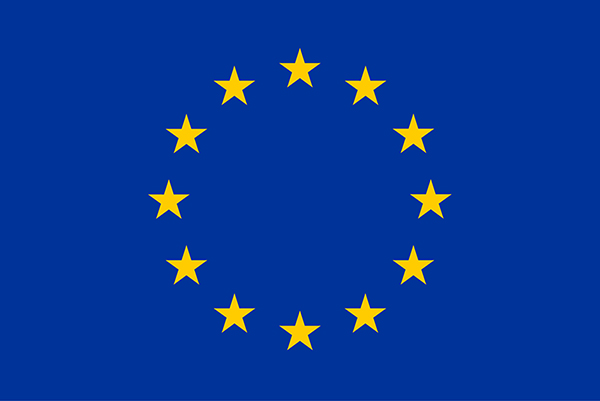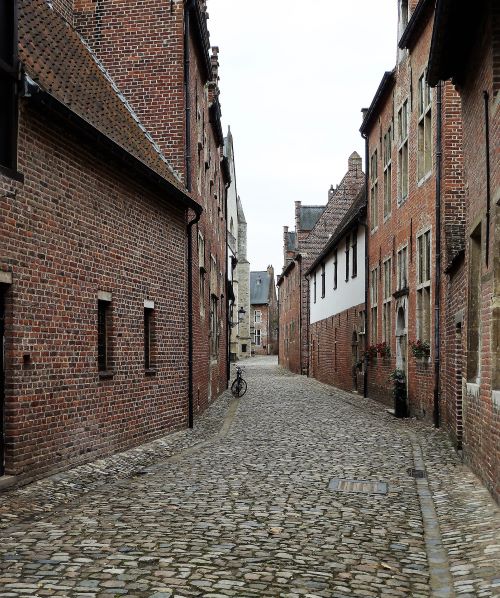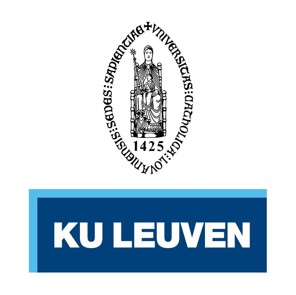
This project has received funding from the European Union’s Horizon 2020 research and innovation programme under grant agreement No 952327.

 Web Content Display
Web Content Display
Web Content Display
Web Content Display
 Web Content Display
Web Content Display
Web Content Display
Web Content Display

This project has received funding from the European Union’s Horizon 2020 research and innovation programme under grant agreement No 952327.

 Web Content Display
Web Content Display
Web Content Display
Web Content Display
 Web Content Display
Web Content Display
Web Content Display
Web Content Display


KU Leuven is an institution for research and education with international appeal. All programmes at this University are based on the innovative research of its scientists and professors. As a comprehensive university, KU Leuven offers a wide range of disciplines organized by 15 faculties. Each of these disciplines is ranked in the top 100 of its field according to the THE World University Rankings by subject. Moreover, KU Leuven was ranked as most innovative university of Europe by Reuters four years in a row (2016, 2017, 2018 and 2019). All of KU Leuven’s disciplines proudly belong to the top 100 of their field. Scholars and researchers, teachers and visionaries, thinkers and makers all have their place in KU Leuven’s fertile intellectual habitat.
The main mission of the Department Earth and Environmental Sciences of KU Leuven is to carry out state-of-the-art scientific research with respect to the functioning of geo- and ecosystems at different spatial and temporal scales, including the interaction between humans and the environment and the sustainable management of natural resources. The department aims at making an important contribution to the scientific understanding of societal issues such as environmental pollution, food production, climate change, nature and landscape management, soil and water management, exploitation of underground resources, rural and urban development, international development collaboration and tourism. This is reflected in scientific output at the highest international level and the leading role that the Department Earth and Environmental Sciences takes in international research and education projects.
The Department Earth and Environmental Sciences is a truly international research and educational centre that hosts several top-researchers from European and non-European countries, including several holders of an ERC-grant. Its master programmes are highly attractive for international students that make up circa 50% of the total student population. At PhD-level the share of international students is circa 70%.
PROJECT TEAM:
Anton Van Rompaey
Beatriz Gobbi
Bart Muys
Marijke Nicolaï